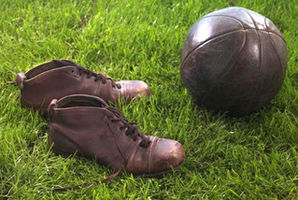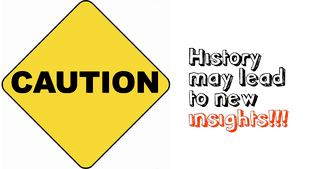 The
Football Association was established in October, 1863. The aim
of the FA was to establish a single unifying code for football.
The first meeting took place at the Freeman's Tavern in London.
The clubs represented at the meeting included Barnes, Blackheath,
Perceval House, Kensington School, the War Office, Crystal
Palace, Epping Forest, the Crusaders and No Names of Kilburn.
Charterhouse also sent an observer to the meeting. The
Football Association was established in October, 1863. The aim
of the FA was to establish a single unifying code for football.
The first meeting took place at the Freeman's Tavern in London.
The clubs represented at the meeting included Barnes, Blackheath,
Perceval House, Kensington School, the War Office, Crystal
Palace, Epping Forest, the Crusaders and No Names of Kilburn.
Charterhouse also sent an observer to the meeting.
Ebenezer Cobb Morley was elected as the secretary of the FA. At
a meeting on 24th November, 1863, Morley presented a draft set
of 23 rules. These were based on an amalgamation of rules played
by public schools, universities and football clubs. This
included provision for running with the ball in the hands if a
catch had been taken "on the full" or on the first bounce.
Players were allowed to "hack the front of the leg" of the
opponent when they were running with the ball. Two of the
proposed rules caused heated debate:
IX. A player shall be entitled to run with the ball towards his
adversaries' goal if he makes a fair catch, or catches the ball
on the first bound; but in case of a fair catch, if he makes his
mark (to take a free kick) he shall not run.
X. If any player shall run with the ball towards his
adversaries' goal, any player on the opposite side shall be at
liberty to charge, hold, trip or hack him, or to wrest the ball
from him, but no player shall be held and hacked at the same
time.
Some members objected to these two rules as they considered them
to be "uncivilized". Others believed that charging, hacking and
tripping were important ingredients of the game. One supporter
of hacking argued that without it "you will do away with the
courage and pluck of the game, and it will be bound to bring
over a lot of Frenchmen who would beat you with a week's
practice." The main defender of hacking was F. W.
Campbell, the representative from Blackheath, who
considered this aspect of the game was vital in developing
"masculine toughness". Campbell added that "hacking is the true
football" and he resigned from the FA when the vote went against
him (13-4). He later helped to form the rival Rugby Football
Union. |
|
|


